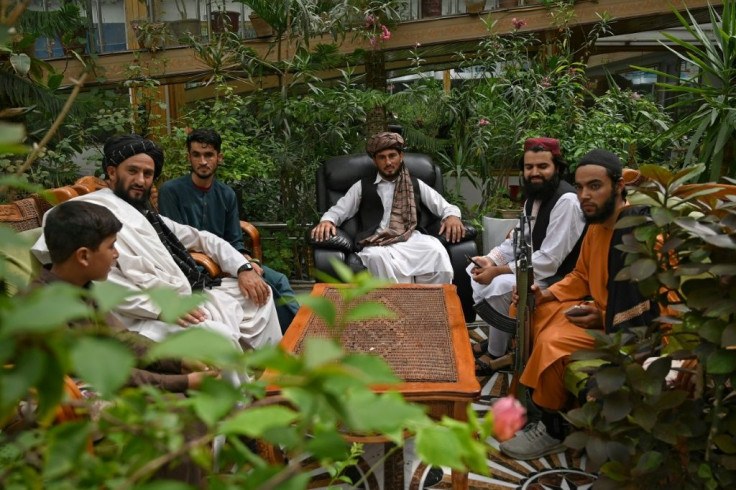1 Million Afghan Kids At Risk Of Starvation, Death Under Taliban Rule: UNICEF
KEY POINTS
- Afghans are battling drought and soaring food prices
- Children are now at risk of severe acute malnutrition and starvation
- UN Secretary-General Antonio Guterres says one in three Afghans are struggling to put food on the table
At least one million children in Afghanistan are at risk of starvation and death under the Taliban rule, a UNICEF official said Monday.
During a United Nations’ high-level meeting in Geneva on the Afghanistan crisis, UNICEF Executive Director Henrietta Fore warned that at least a million children are at risk of severe acute malnutrition or could die of starvation as Afghans battle drought affecting a third of the country and soaring food prices under the Taliban regime.
“At least 1 million children will suffer from severe acute malnutrition this year and could die without treatment,” Fore said in a statement.
“Nearly 10 million girls and boys depend on humanitarian assistance just to survive. Without urgent action, the grim situation facing Afghanistan’s children is likely to deteriorate over the coming months because of severe drought and water scarcity, the concerns around financing for the continuity of basic services, the onset of winter and the consequences of the COVID-19 pandemic.”
Fore said that nearly 600,000 people, more than half of whom are children, “have been displaced by conflict this year” in Afghanistan.
The Taliban took over Afghanistan on Aug. 15 as the U.S. withdrew its troops ending its 20-year war in the country. Since then, the price of flour has doubled in the local market. Chicken and other meat have also become luxury products, forcing residents to settle for beans and rice.
Apart from the increase in food prices, many local businesses have yet to reopen, leaving many families without income as food prices soar. At a local hospital in the city of Chak-e Wardak, administrators have yet to pay their workers’ salaries or purchase new medicines as banks remain closed.
“We have no shortages in the hospital now, but our own facilities and personnel depend on funds coming from abroad and we can’t access them,” Dr. Faridullah, a resident doctor, told The New York Times.
Since the takeover, many western countries have stopped sending direct aid to Afghanistan in an attempt to pressure the Taliban government to respect individual rights, especially the rights of women and girls. Many international aid workers also fled the country fearing for their safety under the rule of the insurgent group, according to CNBC.
United Nations Secretary-General Antonio Guterres on Monday warned that the poverty rate in Afghanistan has soared since the Taliban takeover, adding that one in three Afghans are struggling to put food on the table.
“After decades of war, suffering and insecurity, they face perhaps their most perilous hour,” Guterres said during the high-level conference in Geneva.
During the conference, the U.N. raised more than $1 billion in emergency assistance as a stopgap solution to provide aid to more than 11 million Afghans over the next four months, according to The Washington Post.

© Copyright IBTimes 2025. All rights reserved.





















